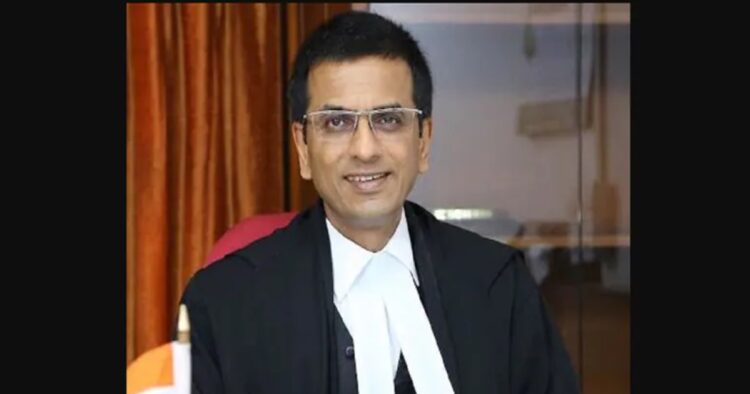In a significant development, the Supreme Court has announced its intention to constitute a bench to address a plea challenging the collegium system for appointing judges to the apex court and high courts. Chief Justice D Y Chandrachud conveyed this decision in response to an urgent listing request made by advocate Mathews J Nedumpara.
Nedumpara cited recent remarks made by retired apex court judge Justice Sanjay Kishan Kaul, expressing concerns about the effectiveness of the collegium system. Justice Kaul, who retired on December 25, 2023, highlighted issues in the system, emphasizing the need for a reevaluation.
Background on the Collegium System and NJAC
The National Judicial Appointments Commission (NJAC) was introduced by the Narendra Modi government in 2014 to handle judicial appointments. The NJAC included the Chief Justice of India, two senior Supreme Court judges, the union law minister, and two eminent persons nominated by the CJI, the prime minister, and the Leader of the Opposition in the Lok Sabha.
However, in October 2015, the Supreme Court declared the NJAC Act unconstitutional, leading to the continuation of the collegium system. The collegium system involves judges appointing judges to the higher judiciary.
Justice Kaul’s Insights and Concerns
Justice (retd) Kaul, in a December 29 interview, expressed reservations about the functioning of the collegium system. He acknowledged the existence of problems within the system, citing the number of pending appointments and the need for a realistic assessment. According to him, closing our eyes to the issues would hinder finding solutions.
While advocating for acknowledging the problems, Justice (retd) Kaul emphasized that the collegium system, currently the law of the land, must be implemented as it stands. His insights, based on his over a year’s experience in the Supreme Court collegium, contribute to the ongoing debate on judicial appointments.
As the Supreme Court prepares to constitute a bench to address the plea against the collegium system, the legal community and the public await further developments in this important matter.

















Comments